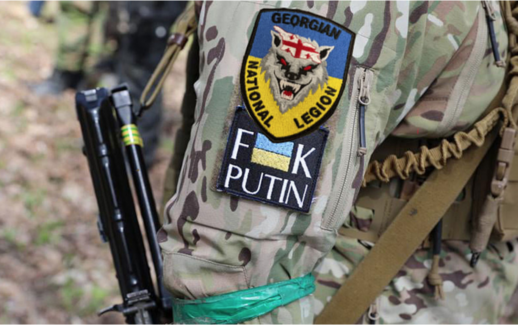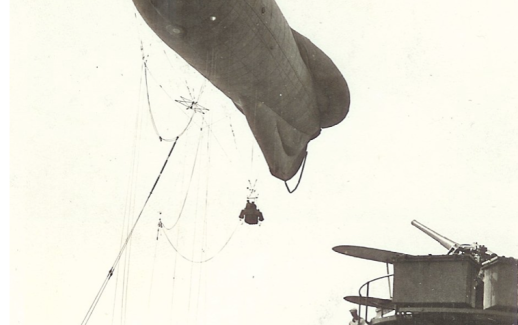Sundry falls suffered by Russian energy executives and CEOs may go beyond punishing criticism of Putin’s “special military operation” in Ukraine. The targeted energy executive critics may also have had knowledge of officers, insiders, technologies, and intelligence assets acquired through Russian energy firm relationships in Western nations, energy companies, and OPEC states.
The above is likely given the facility with which Russian hackers have been able to influence human and digital risk factors including those compromising Western energy infrastructure. The associated risks may be reflected by pursuit of cyberattack exclusions in the insurance industry.
As it loses the Ukraine war, Moscow will increase reliance on its past, preloaded, and ongoing gray warfare and autocratic measures in the global energy sphere as an economic lifeline for its energy sector. Meanwhile it will cultivate insiders for critical infrastructure information and code. This to preserve a war deterrent against the West through cyber and human tools poised to take down Western energy.
To this, Russia adds energy influence over OPEC as an economic weapon driving inflation and competition with the West, a second energy warfare front. The Russian state does this via geopolitical subversion, protection, and threat rackets among weaker OPEC nations, and to Europe via gas-shutoff leverage.
Finally, the serial deaths of Russian industry executives critical of Putin imply that the Kremlin has ready-replacements in mind for the dead energy bosses who will be easier to control.

